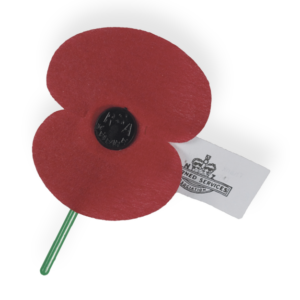
WelCom April 2022
Anzac Day, 25 April 2022 – Te Rā o Anzac, 25 o Paenga-whāwhā 2022
National Day of Remembrance – He Rā Whakamaharatanga a Motu
Chaplain Brian Fennessy
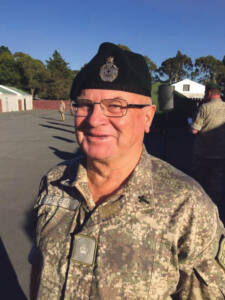
Anzac Day is a day to reflect on the unselfish service and courage of New Zealanders during periods of conflict. No rank or person has the prerogative over courage.
Dr Rowan Williams, Archbishop of Canterbury, told a congregation in Westminster Abbey, at the dedication of the Victoria Cross and George Cross Memorial, in 2003: ‘Courage as a true virtue is the kind of courage that reflects the bravery of Christ, courage that does not deny reality of fear but is moved and energised by vision’.
Courage is also one of the Gifts of the Spirit. It is the gift where a person is no longer afraid to stand up for God and his truths.
A prerequisite of demonstrating courage implies that the individual can exercise a degree of decision-making within the situation.
There are two categories of courage. A courageous person may possess physical and or moral courage. Physical courage focuses on risking personal injury or death. Moral courage is often the more demanding expression of courage as it is a conscious decision to stand up for good against evil; it is often the chief ingredient for authentic leadership.
1942 was a crisis time during the Second World War – Singapore surrendered on 15 February; and then there were further defeats in North Africa after the tragedies that had occurred during 1941, in Greece and Crete. However, by October 1942 the tide was turning with the Battle of El Alamein, on Egypt’s Mediterranean coast.
Chaplains were present in all theatres of war. They frequently cared for the sick and wounded under difficult conditions.
There is an interesting story, recorded in the book ‘Men of Faith and Courage’, about an Anglican Chaplain, Ivor Hopkins, who served in Crete. He was one of four New Zealand chaplains who volunteered to remain in Crete with the seriously wounded when the British and Commonwealth soldiers evacuated from there.
When he was in a crowded Prisoner of War transit camp in Greece, Chaplain Hopkins agitated for better conditions for the sick and wounded. This aroused the ire of the Germans who retaliated by making him pick up dirty pieces of papers blowing around the open latrines, and on one occasion, he was made to crawl on his hands and knees and pick up the paper with his teeth. Over the years, as a POW, he made several options that were truly courageous.
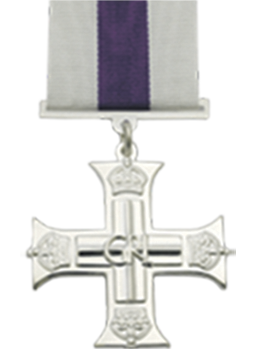
Chaplain Hopkins had an outstanding reputation as an advocate for better treatment of prisoners of war.
During the Great War, two Catholic Chaplains were each awarded the Military Cross. Fr Patrick Dore was awarded the Military Cross for his action during the August Offensive at Gallipoli. His citation reads that he:
‘Displayed most gallant conduct in helping the Medical Officer attending to the wounded under heavy rifle fire on 9th August on Chunuk Bair and for 24 hours after the withdrawal from that position.’
Fr Robert Richards, was recognised for his courage on the Somme during 1916, his citation reads:
‘For conspicuous gallantry and devotion to duty. He tended the wounded continuously for two days under very heavy fire, displaying great courage and determination’.
During the Second World War, Fr Jesse Kingan sm, was the only Catholic Chaplain awarded the Military Cross. He was also Mentioned in Despatches. His heroic ministry was recognised during the North Africa Campaign.
His citation mentioned: ‘…his cheerful demeanour and fine bearing have been a constant inspiration both to the wounded men and those who care for them. In addition, he has visited men of the units in their forward positions often under fire and his spiritual care contributed greatly to their morale. He never allowed danger or fatigue to interfere with his work even in the most difficult conditions.’
As non-combatants, these chaplains were recognised for providing comfort and hope to wounded soldiers in dangerous conditions. They excelled in their care of their people.
At a General Audience during 2014, Pope Francis discussed the gift of fortitude (courage); he said, ‘with the gift of fortitude the Holy Spirit frees the soil of our heart from inactivity, uncertainties and all the fears that can stop it, so that the Word of God can be put into practice, in an authentic and joyful way’.
These three Catholic Army Chaplains and Chaplain Hopkins, were motivated by their faith and commitment as ordained ministers.
Their training and focus was different from combat soldiers, like Charles Upham VC and bar, however, their outstanding dedication to pastoral care continues to be an inspiration for unselfish and courageous service.
Lest we forget
Chaplain Brian Fennessy ED, RNZChD, is parish priest of Selwyn Parish, Lincoln, and an Army Reserve Chaplain.
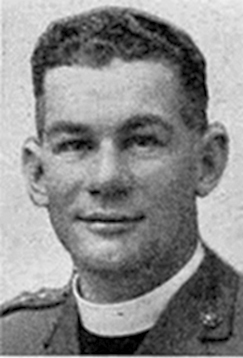
Anglican Chaplain, Ivor Hopkins, who served in Crete. 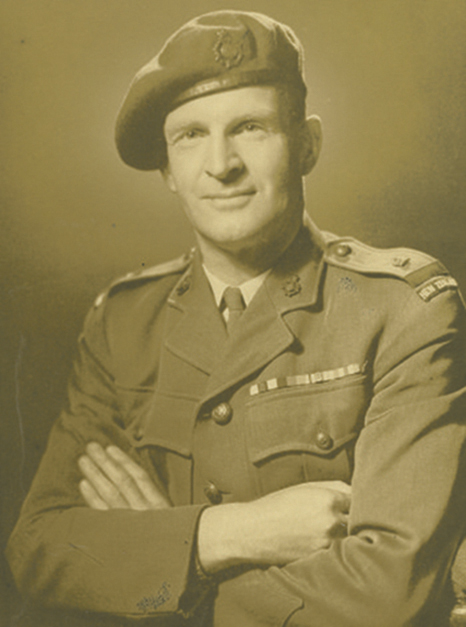
Fr Jesse Kingan sm. 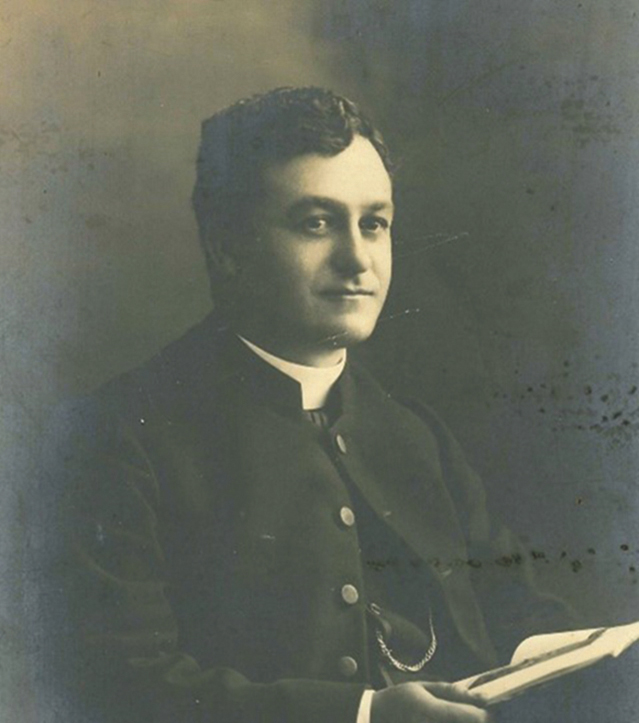
Fr Robert Richards. 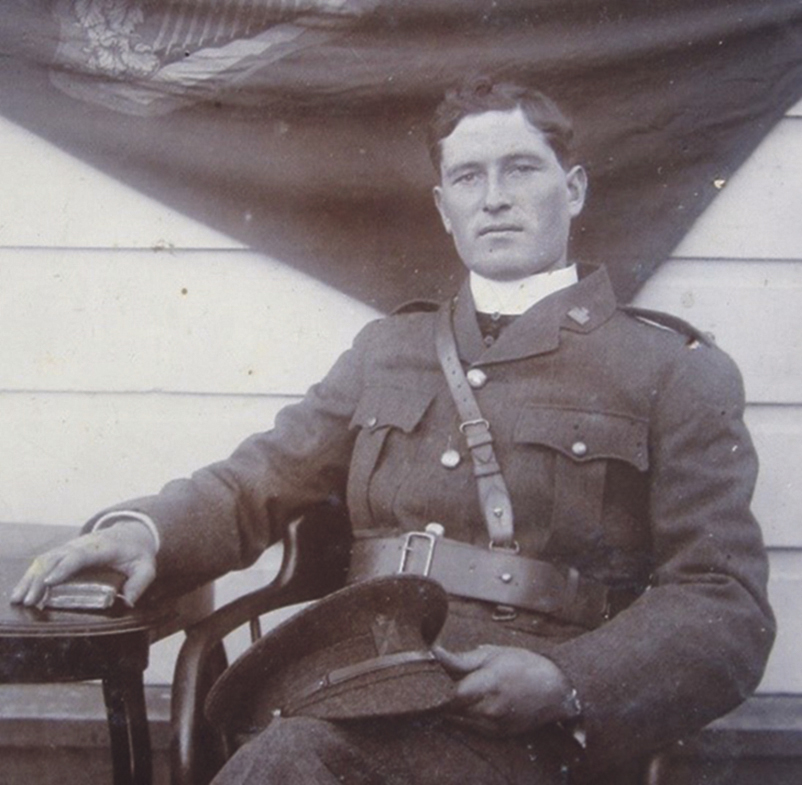
13/655 Chaplain-Captain Patrick Dore MC, MIC Chaplain to the Forces.
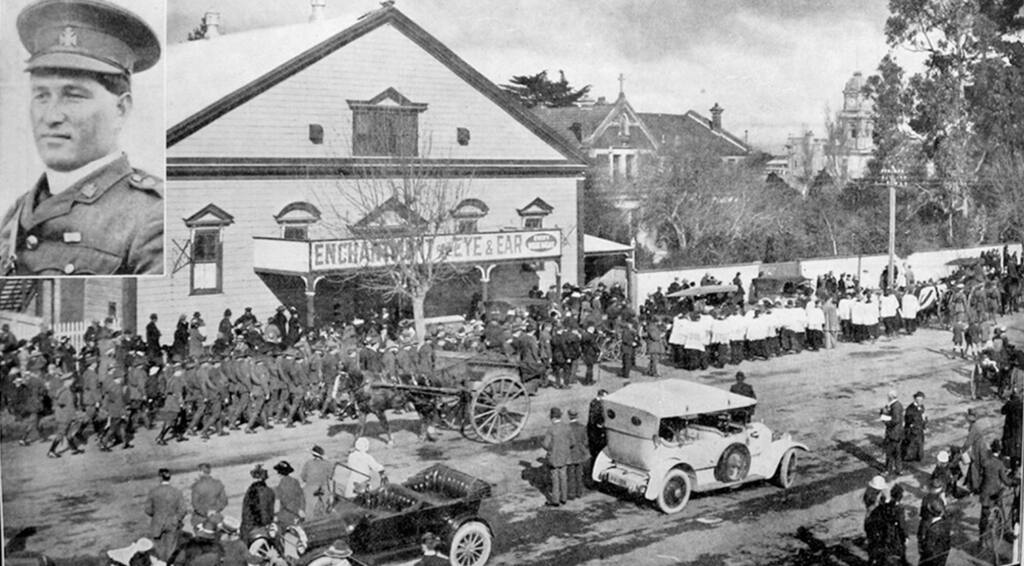
Funeral of Rev Father Patrick Dore
Earthly Pilgrimage over the Funeral at Foxton of the late Rev. Father Patrick Dore, MC, Roman Catholic Chaplain to the New Zealand Forces, who died at Auckland last week [July 1918]. One of the most popular chaplains of the New Zealand Forces, the Rev Father Patrick Dore, MC, died at the Mater Misericordiae Hospital, the funeral taking place in his old parish of Foxton. He was 32 years of age, and left with the Main Body as Roman Catholic Chaplain to the New Zealand Mounted Rifle Brigade, being attached to the Auckland Mounted Rifles. He was severely wounded at Gallipoli, and while undergoing an operation last week as a direct outcome of his wounds he succumbed. The late Father Dore was in every way a “big” man, and one of his best friends and admirers was the late Major G Presbyterian Chaplain to the Brigade.
Source: Newspaper report on funeral, ‘Adopt an Anzac Project’, horowhenua.kete.net.nz
Image: Photographer Unknown